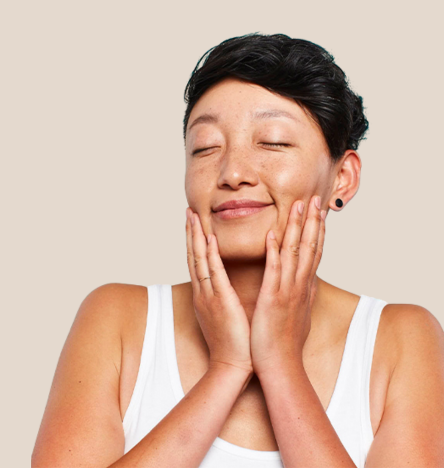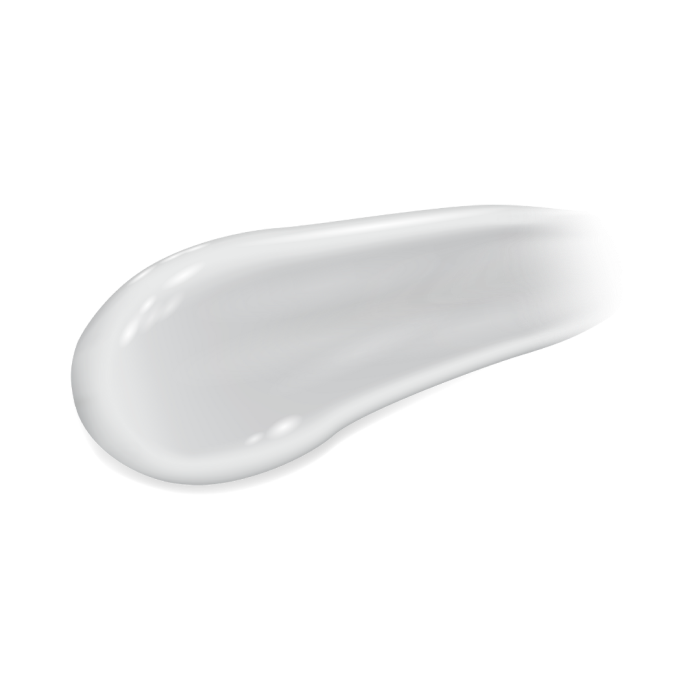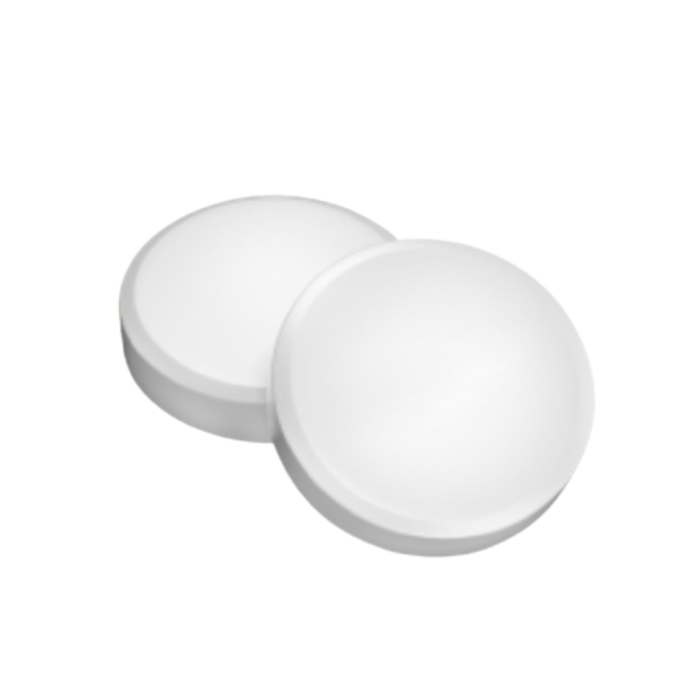PERSONALIZED CARE, ONLINE
Eczema Treatment Online
Dealing with itchy, red and irritated skin? Our medical providers are here to help without the wait because everyone knows there's nothing worse than an itch you can’t scratch or soothe.
Medications from$20.90 / month
- Prescription skincare
- Doctor-recommended treatments, dermatologist-trusted ingredients
- Free, discreet delivery

Doctor's Consultation fee
$20 incl. GST
SG Licensed
Doctors
Doctors
100%
Online
Online
Discreet,
Confidential
Confidential
Medication
Delivery
Delivery
4.9 Rating
on Google
on Google
Eczema Treatment Options
What We Prescribe
Prescription-only

Prescription-only

Oral antihistamines
- To provide relief from eczema symptoms like itchy skin
- Available in sedating, which cause drowsiness, or non-sedating
How Siena Works


2. Speak with a doctor
A doctor will review your details and video call you at a time of your convenience.
3. Free delivery to your door
If prescribed, your eczema treatment is delivered right to your door in a discreet packaging.Frequently Asked Questions
What is eczema?
Eczema, commonly known as atopic dermatitis, is a skin condition caused by underlying inflammation. It often results in dry and itchy skin. Eczema can occur at any stage of your life, from early childhood to adulthood, and at any part of your body, from your scalp to your toes. Many people with eczema often report comorbid symptoms of hay fever, allergic asthma and food allergies.
What causes eczema?
There is no known absolute cause for eczema. While the cause is not completely understood, genes involved in the formation of the skin barrier and the skin’s immune system may play a role in the development of eczema. In most people, eczema is caused by the interaction between a genetic dysfunction in the outermost layer of the skin and environmental triggers. When an environmental trigger, commonly referred to as an allergen, from inside or outside the body “switches on” the immune system, it results in inflammation, or a flare-up, on the surface of the skin. This inflammation causes the symptoms common to most types of eczema.
How do I know if I have eczema? (Symptoms)
Symptoms of eczema vary from person to person. However, one hallmark symptom that almost every eczema patient will experience, is itchy skin. The itch can range from mild to severe, depending on how badly it affects your day-to-day activities and quality of life.
Some other symptoms that eczema patients experience include:
Some other symptoms that eczema patients experience include:
- Dry and sensitive skin
- Inflammed, discoloured skin
- Rough, leathery or scaly skin (appearing as scaly patches)
- Oozing or crusting
- Swelling and redness
How is eczema diagnosed?
The diagnosis of eczema is often based on patient history and appearance/ clinical features of the rashes only.
Is eczema contagious?
Eczema is not contagious, so you don’t need to worry about passing it to other people around you or “catching it” from someone else.
Can eczema be cured?
Unfortunately, eczema is a chronic condition with no known cure. However, with a tailored treatment plan and proper, consistent skincare, many patients can achieve long-term remission of their condition.
How is eczema treated?
Depending on your age and the severity of your eczema symptoms, your treatment plan will be customised. Topical steroidal creams, antihistamines, moisturisers and gentle skin cleansers are among the potential courses of eczema treatments usually recommended by our doctors and the American Academy of Dermatology (AAD).
For most types of eczema, managing flares comes down to these basics:
For most types of eczema, managing flares comes down to these basics:
- Knowing and avoiding your triggers.
- Using over-the-counter and prescription medication consistently as prescribed.
- Building a skincare (bathing and moisturising) regimen that works for your skin.
Should I be wary of topical steroids?
Topical steroids, when used appropriately and under medical supervision, are a safe and effective treatment for eczema. The likelihood of side effects occurring is directly related to the potency of the preparation, where it is being used, the condition of your skin and your age. All these factors will be taken into consideration when a prescription is given to treat eczema.
